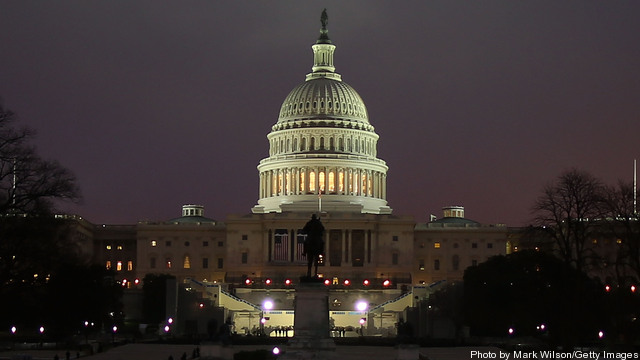
A new revenue-sharing bill – the FAIR Act – would enable coastal states to receive a share of offshore energy revenue and put onshore renewable energy on the same scale as onshore fossil energy to ensure equitable revenue-sharing to encourage clean energy efforts.
On March 20, Senators Mary Landrieu (D-La.) and Lisa Murkowski (R-Alaska) introduced the Fixing America’s Inequity with Revenues (FAIR) Act to provide states with a share of revenue from energy developed on federal land and waters. Under the FAIR Act, coastal states would be entitled to 27.5% of revenue from offshore energy developments, including fossil, wind, and wave energy, and an additional 10% if they establish funds to support clean energy and energy conservation programs. The federal government would receive the remaining 62.55% to address budget deficits. Keep reading →








